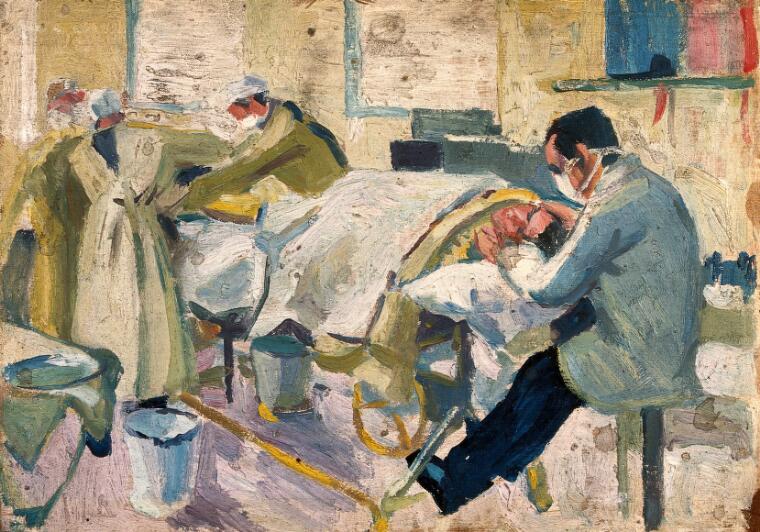Public healthcare should also work with priorities. What has more priority? Financial or geographical accessibility? Quality or quantity? What should be clearly free and, conversely, what is the Slovak patient-insured-consumer willing to pay for?
At INESS we decided to look for answers to these questions through a survey. The results and INESS’ comments on them are the content of the publication, available at iness.sk.
The opinion poll was conducted by FOCUS from 21.09. to 27.09.2022 in the form of personal interviews. The sample consisted of 1009 respondents.
In the survey, we explored the opinion of the Slovak population on the main role of public healthcare, priorities, willingness to consider the cost of quality, or willingness to buy additional services. The main question was to compare the inclination towards “non-targeting” (quantity of routine treatment at the expense of quality of treatment of severe conditions) public healthcare or “prioritizing” (quality of treatment of severe conditions at the expense of quantity of routine treatment) public healthcare.
- Two similarly sized groups of citizens have conflicting ideas about healthcare. This ambivalence is also reflected in the direction of healthcare policies, which seek to fulfil the wishes of both groups – to have both quality and quantity.
- A clear majority of respondents want quality and shorter waiting times (63% in total); financial costs are less important.
- A different set of priorities in healthcare compared to today would be accepted by up to half of the people who are determined.
- Almost a third of the adult population is willing to pay more for better healthcare services.
- This willingness represents a market of roughly EUR 440 million per year.
This division of opinion is reflected in the political reluctance to make more fundamental reforms in healthcare that we have witnessed for two decades. However, it is not possible to leave ‘business as usual’; it does not correspond to economic reality. Inaction reinforces the scenario of a future in which a part of the population, eager for better quality, will gradually flee the public system for services in the private sphere and abroad.
Given that generations of Slovaks have lived in an environment of ‘free’ healthcare, that the subject is a political taboo, that the patient has a universal entitlement to everything and no responsibility of his own, the results of the survey are surprising. Roughly half of the population is willing to seek priorities in healthcare and is considering financial participation. This makes it possible to open up a discussion about entitlement, above-standard, or a system of nominal insurance.
Full results with commentary are available in the publication (Slovak language, please use DeepL or Google Translate to read it).
Continue exploring:
Slovak Government Continues to Forget about Poorest Citizens



